Christina Erteszek grew up knowing everything possible about ladies’ underwear. But what she didn’t know about her parents, the founders of The Olga Company, the lingerie maker, could fill a book–literally.
Erteszek’s father was a Jewish criminal lawyer in Poland. ‘Jakob’ met Christina’s mother, ‘Otylia,’ in 1933 in Krakow. Their families were almost completely taken out by the Holocaust, but they managed to emigrate to America. Later known as Jan and Olga, they founded a women’s undergarment company, Olga, that by 1984 was valued at $67 million. They raised Christina and her two older sisters primarily in Los Angeles: sending them to good schools and becoming active in the First Congregational Church. Yes, you read that right. Christina did not know she was Jewish—let alone about her parents’ previous lives—until she was 15.
We learn all this in Erteszek’s rather astonishing new memoir called The First Lady of Underfashions. For years, people told her father that he should write about his lifelong journey. Finally, driving with Christina along the California coast one day, he stopped the car and said, “I want you to do something for me, I want you to write my book.” He had survived a debilitating childhood disease, braved both war and starvation, and lived through the extermination of his family and comrades. And now, as he asked this of his daughter, he was dying of lung cancer.
“It fell upon Christina to tell the story she was destined to tell,” says actress Wendie Malick, who hosted a gathering for her long-time friend on top of Los Angeles’ Topanga Canyon. “And it forced Christina to come to terms with her own history.”
Read More: From Refugee to Say Yes To The Dress Wizard: How Mara Urshel Saved a Bridal Empire
Family History That Reads Like Fiction
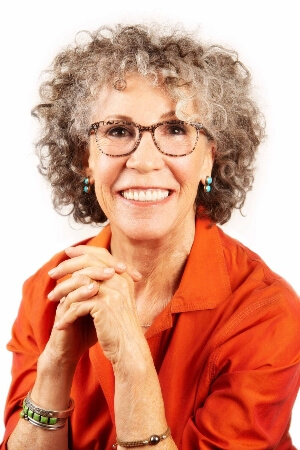
That history reads like fiction. The memoir is divided into sections: “War and Peace” chronicles her parents’ harrowing, years-long escape from Eastern Europe that included her mom traveling by sled to Russia, and then finally boarding a ship to Japan and California. “Family Business” follows the founding of the Olga Company, which started with corsets but expanded to everything from half-slips to sports bras. Erteszek worked as a designer for the company, with her own line called Olga’s Christina. “Beyond Salvation” details hostile takeover of the company, family secrets, and more.
Erteszek learned so much about her parents’ background through journals, diaries, and letters that she says, “I suddenly felt rootless. Erteszek’s own growing-up process was complicated, to say the least. Her classmates would give teachers home-baked cookies for Christmas, while her gifts would be silky corsets and girdles. “They all knew my mother was the famous beautiful talented face behind the Olga name,” she writes.
The family’s involvement in the church became a solace and gave them an American identity, a second home. Erteszek loved her parents but concedes they didn’t excel at “parenting,” compromised by all that hidden history. She would occasionally find very old photos, “but I somehow knew not to ask more,” she writes. Meanwhile, the Olga Company thrived and “we leaped from middle to upper class.” Nannies came and went.
There were the usual—and not so usual—growing up pressures. When she was eight, she had to testify in court about a man who sexually abused her. Olga made her daughter her first bra at age 12. “I didn’t need the support, I needed the status,” she writes. It was, in fact, a “popular” girl in school who first opened the possibility of Christina being Jewish. (“Why didn’t you tell us,” she asked when confronting her parents. “I thought you didn’t even like Jews.”) Their house burned down in a Bel Air fire. Later, when she was living in Topanga in 1969, “a bearded guy named Charlie” tried to have his way with her. It turned out she had rebuffed Charles Manson.
Undergarment Support…But That’s About All
Erteszek’s feelings toward her parents shifted emotionally over the years. “Whatever anger I had for my mother, and admittedly, there was plenty, it softened tremendously through the process of writing this book and compiling the stories I wove within the narrative,” Erteszek told me. “She became more vulnerable and human than the hothouse flower my father claimed her to be. She had lost so much and was so alone, and I could only see that after mapping out the story of her life.”
She admits she had put her father on a pedestal of excellence and infallibility, but there, too, her feelings moved. “The promise I made at the end of his life weighed heavily on me,” she now says. “During the tedious writing process, I became angered that I’d devoted so much of my life to fulfilling his dream. Looking back, I often think, what parent requests his or her child to write their story? That’s a big obligation, particularly as it wasn’t my skillset.”
But like so many of us at this age, Erteszek has stretched herself many times before. It’s a trait friends admire in her. “What’s most wonderful about knowing Christine through the years is watching her re-invent herself,’ says Katherine Leiner. “She designed a jogging bra, and a nursing bra that were smash hits. And now she’s an author.” For anyone who has worn undergarments or dealt with unknowable parents, which pretty much covers everyone, The First Lady of Undergarments is a juicy and um…revealing…read.
Read More: Sexual Healing: From Divorce Attorney to Love Booster


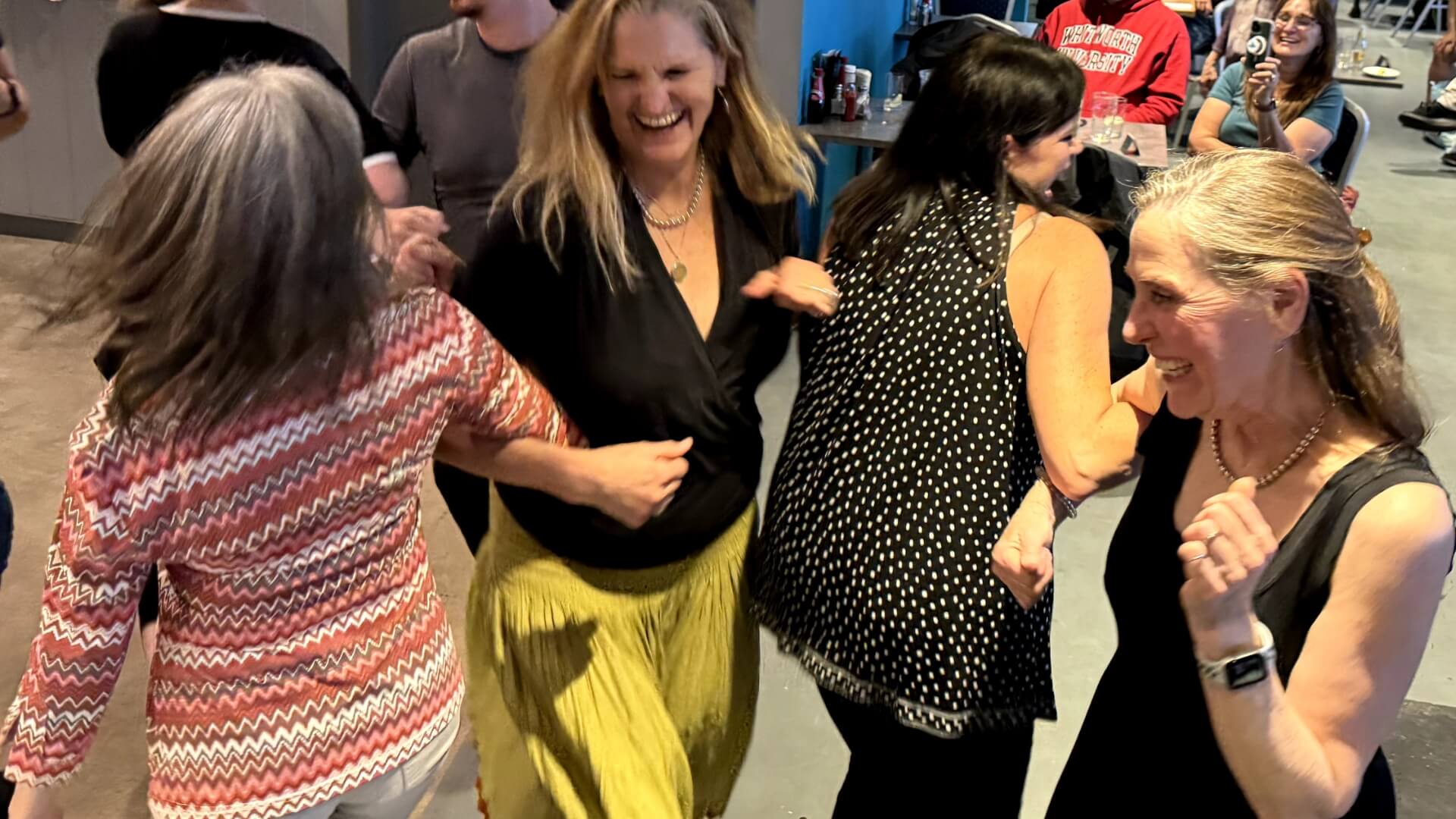
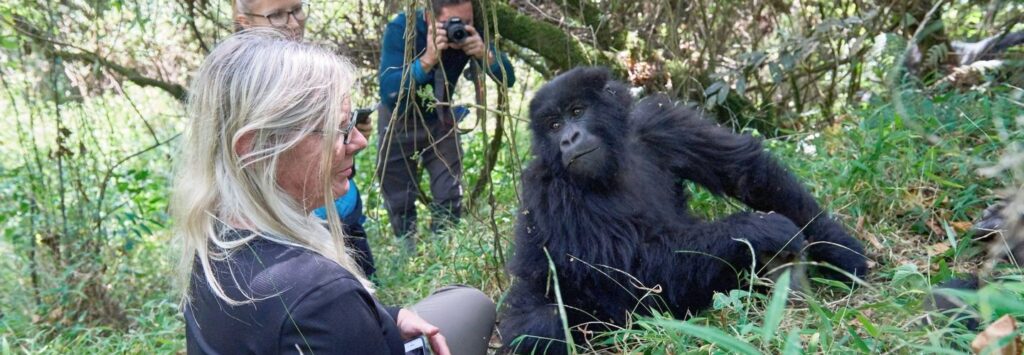


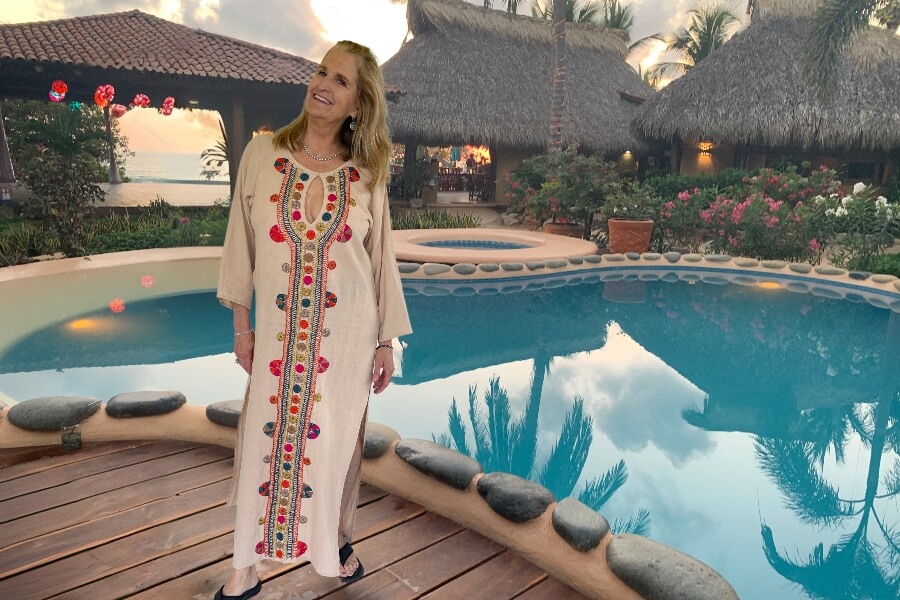


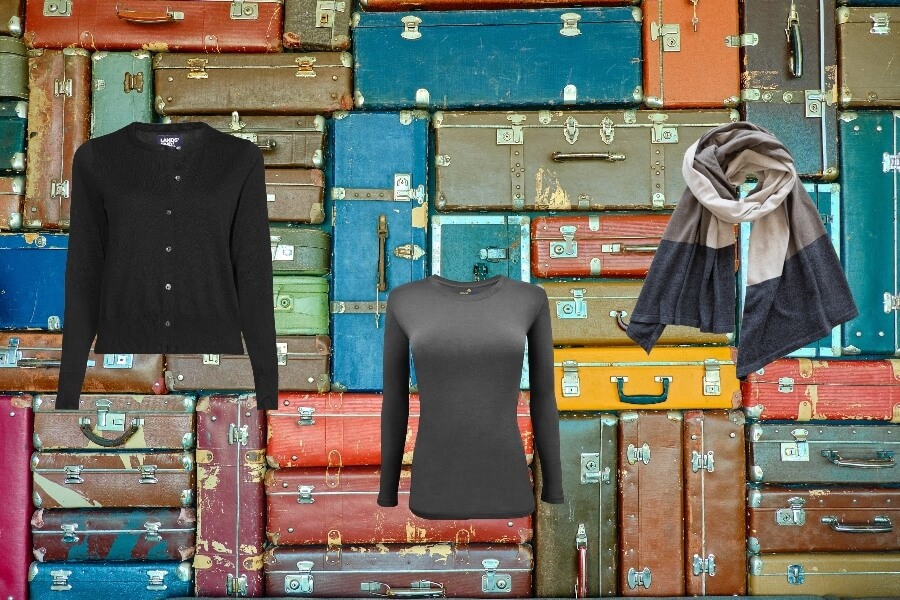

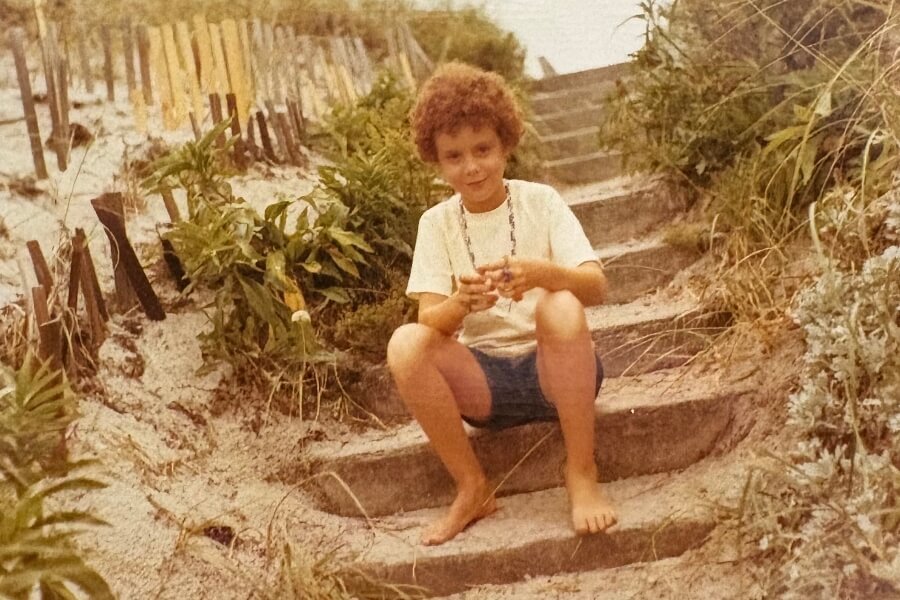

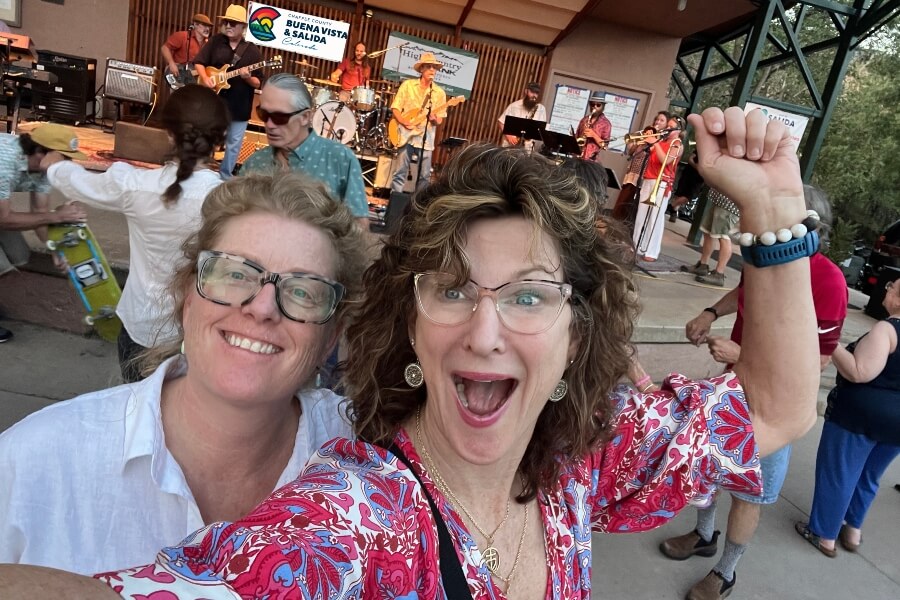









0 Comments